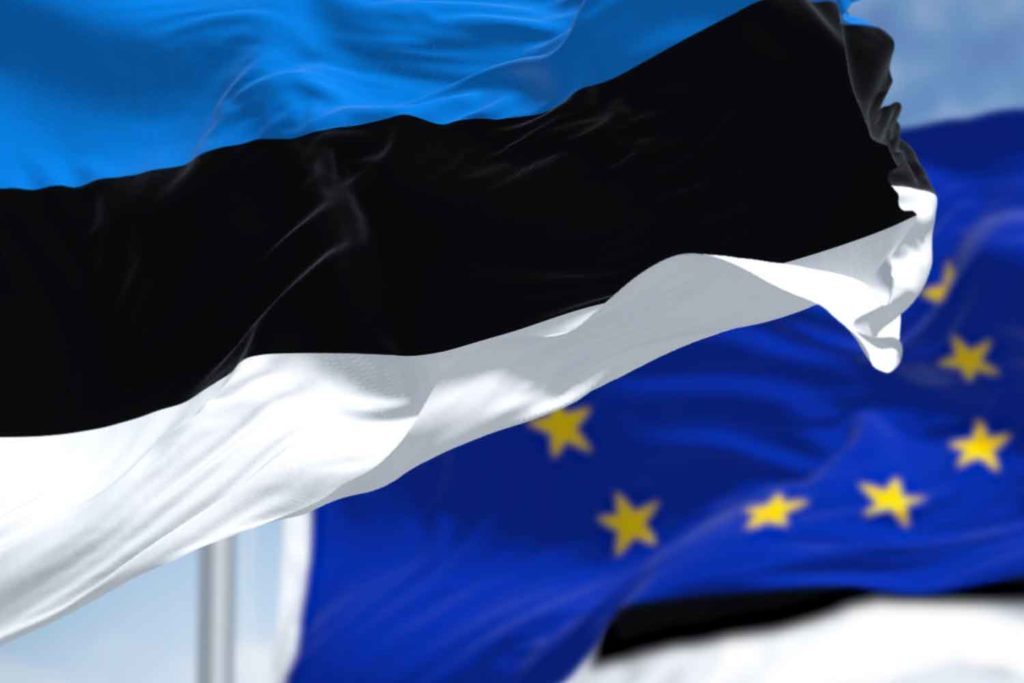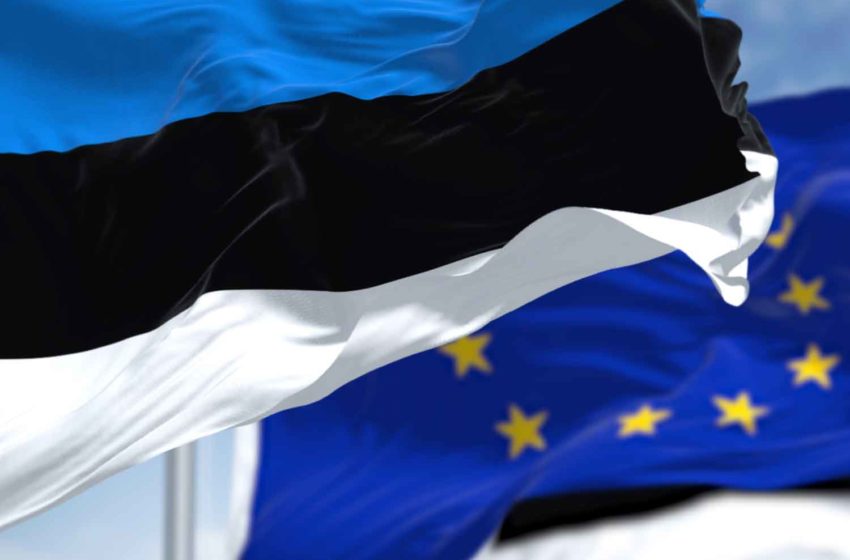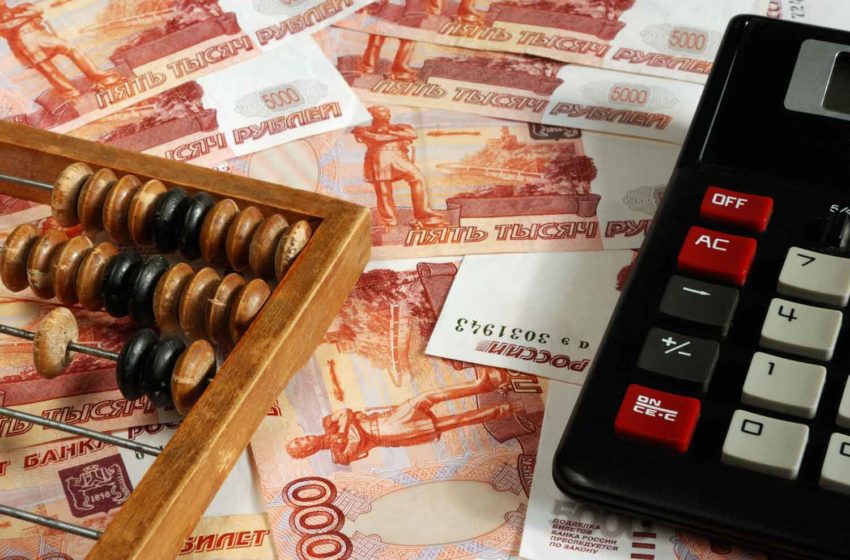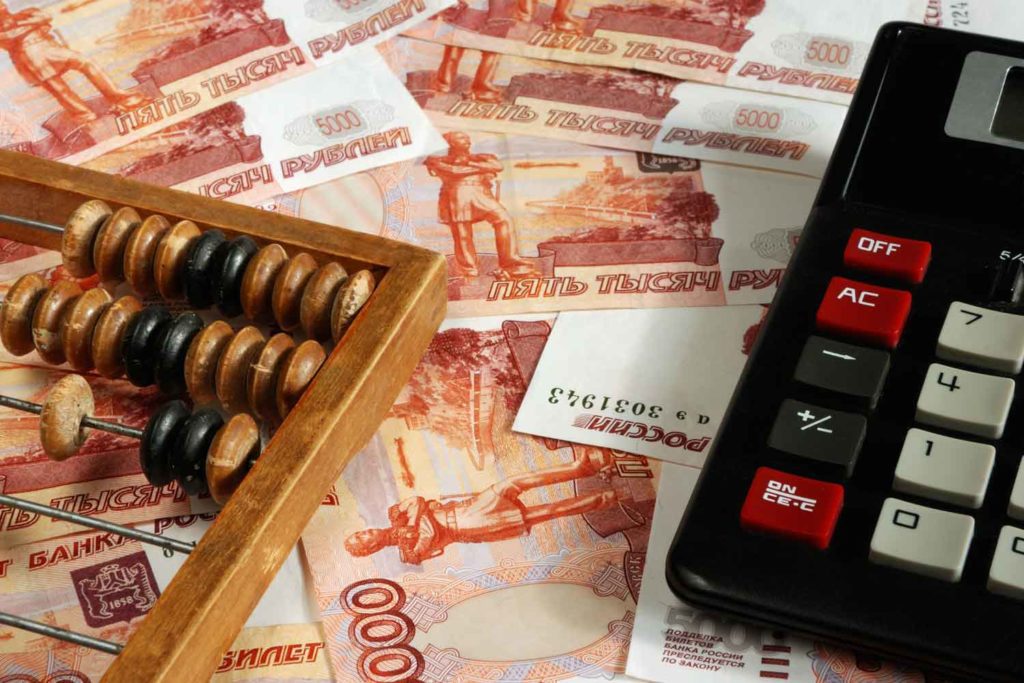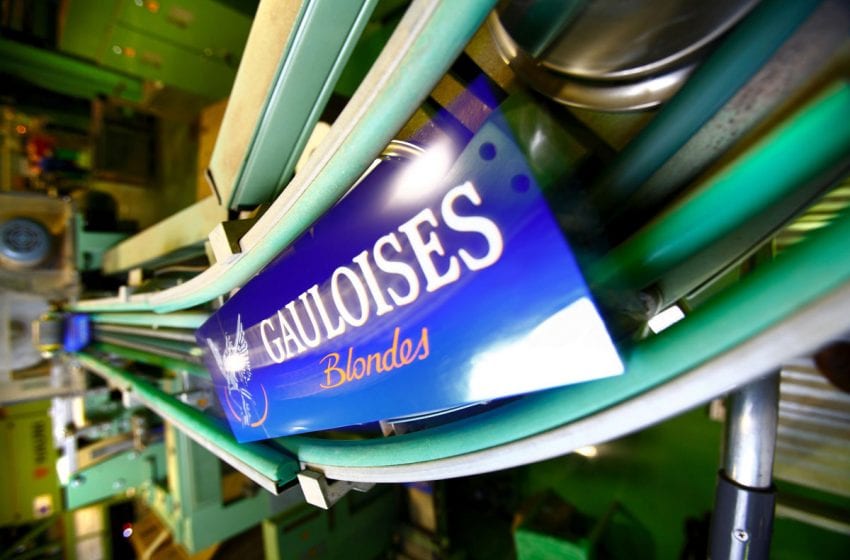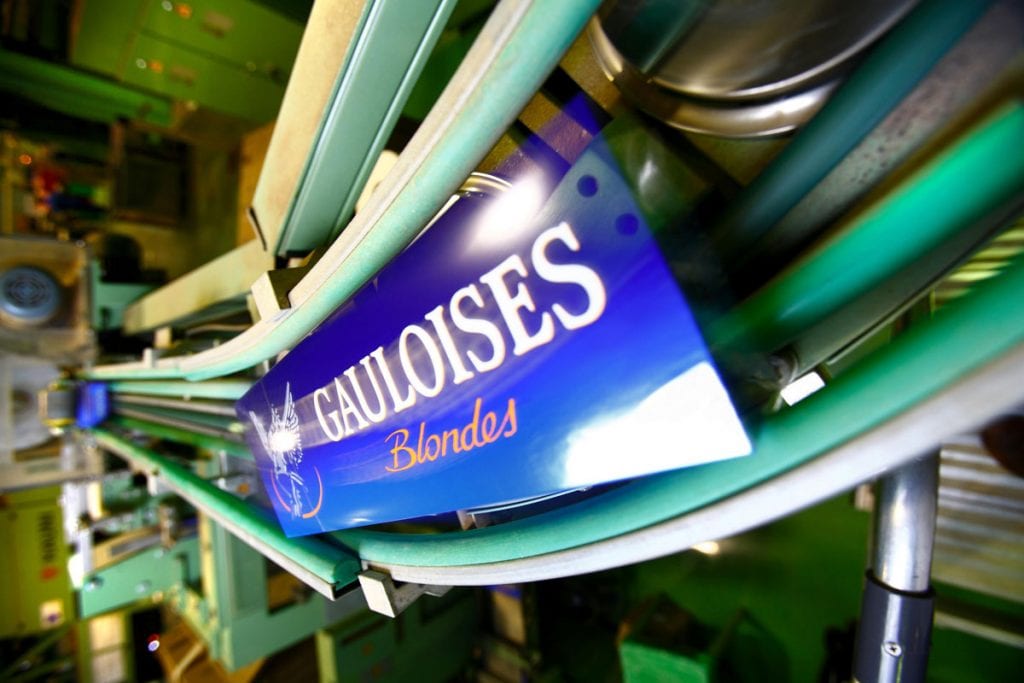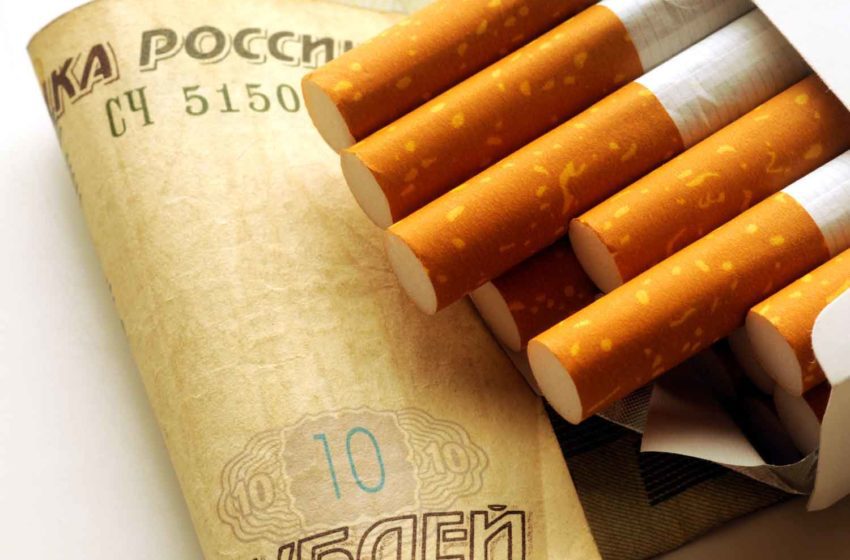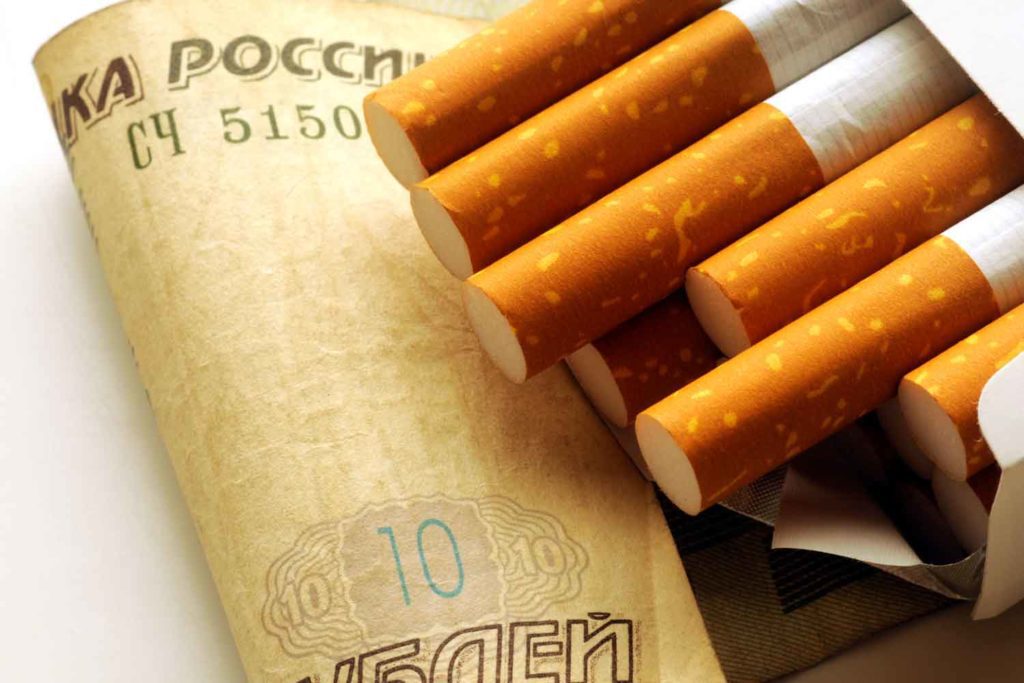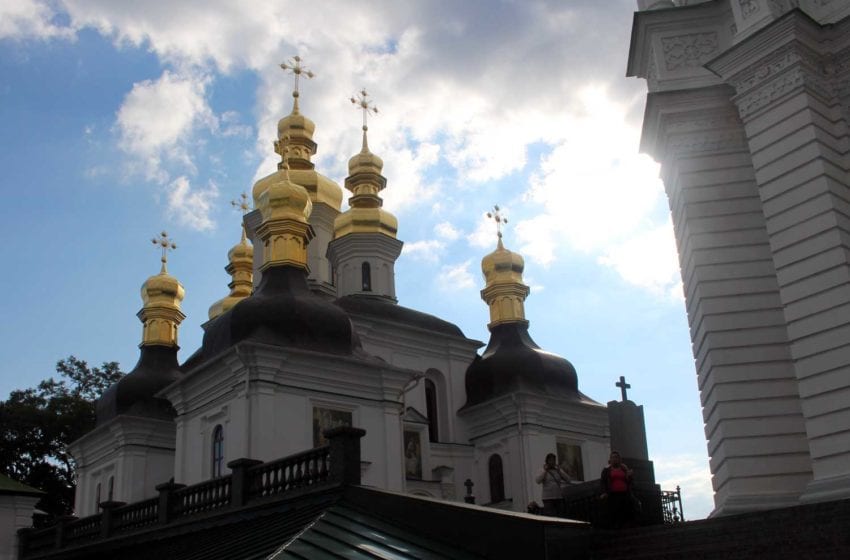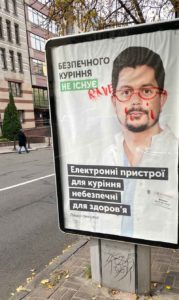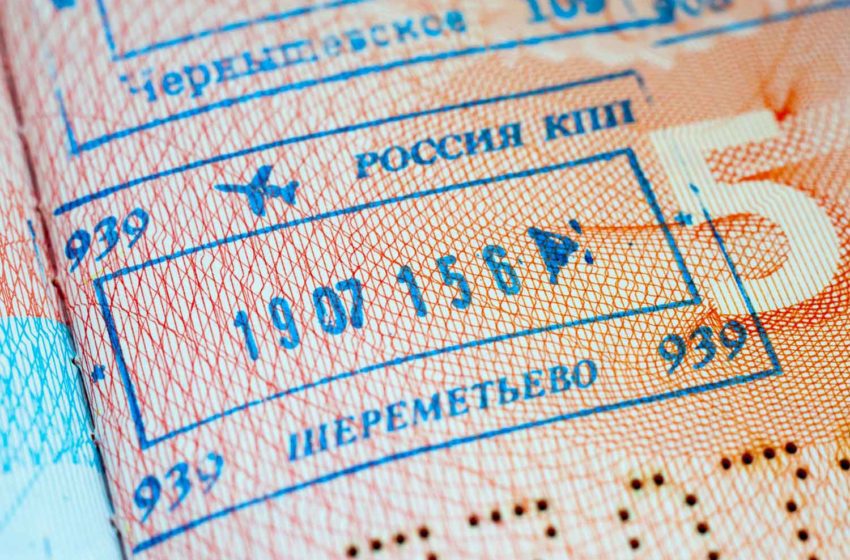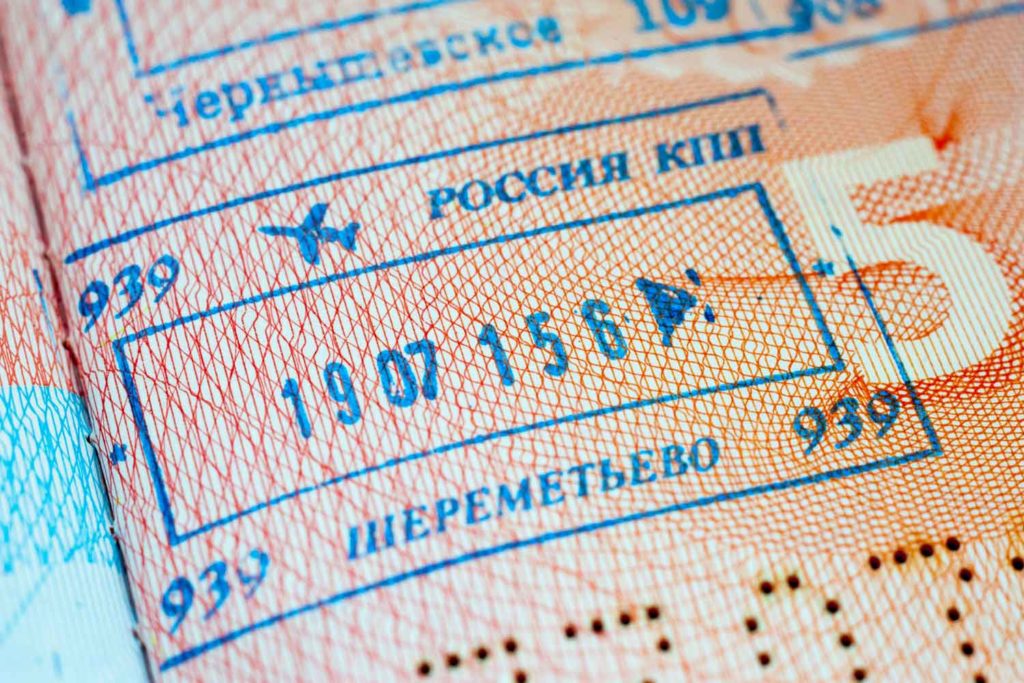Biting Sanctions
The Russian cigarette industry, however, is likely to feel the sting of sanctions as all tobacco and almost all raw materials are imported to the country, according to Maxim Korolev, head of the Russian Tobacco informational agency, adding that it is not clear whether import replacement in this field is even possible.
“On the one hand, paper-based aluminium foil supplied by a Russian company, after several years of quality improvement, has become widely used by many Russian tobacco factories,” Korolev said. “On the other, the domestically produced polypropylene film has not reached the required quality level in terms of some key parameters, and none of the tobacco companies uses it.
“Factories also use domestic corrugated cardboard for master cases, but we do not make coated cardboard for the cigarette packs,” he said, adding that fast import replacement is not anticipated in this field.
On top of that, Russia experiences problems with leaf tobacco imports. Over the past few months, Russian businesses complained about a lack of tobacco for homemade cigarettes.
Igor Moiseev, chairman of the Pogar Cigarette and Cigar Factory, commented that the supply disruptions are primarily attributed to logistics issues. Moiseev said that before the Russia-Ukraine crisis, Germany, Denmark and the Netherlands were the main suppliers of tobacco for homemade products, and most tobacco was delivered by road through Belarus.
“Today, even with an advance payment, no one can guarantee that the cargo will be delivered [from Europe to Russia],” Moiseev said. “Difficulties in making wire transfers also affect import. And the majority of suppliers operating in this segment of the tobacco market are small[-sized] and medium-sized companies with limited resources.”
Korolev said that Imperial Tobacco was forced to stop the operation of its factory in Russia due to a lack of tobacco, estimating that other market players may have stocks of tobacco large enough to maintain operation for up to six months. On the other hand, Korolev added, most tobacco for cigarette production is imported into Russia from South American and African countries that have not publicly supported Western sanctions against the country, so there are good chances that the supply disruptions could eventually be sorted out.
Oleg Barvin, a spokesperson for BAT, confirmed to the Russian newspaper Kommersant that all market participants experienced logistics problems with delivering tobacco and other raw materials for cigarette production to Russia. Barvin added that despite these challenges, the company ensured uninterrupted production and distribution of products.
On the other hand, the sanctions are not expected to impact the Russian e-cigarette market. As explained by Kirill Plokhikh, director of the business faculty at Synergy University, Russia imports most e-cigarettes from China. Plokhikh added that some share of nicotine-containing liquids for vapes was supplied to Russia from Western countries, but in this segment, too, buyers could swiftly shift to Chinese suppliers.
